Things are getting red-hot inside Trump’s White House.
A new power struggle is heating up inside President Donald Trump’s inner circle, and it could have serious consequences for U.S. foreign policy and national security.
At the center of the storm is Richard Grenell, Trump’s outspoken special envoy for high-level missions, whose efforts in Venezuela have sparked friction with Secretary of State Marco Rubio. Conservatives are now watching closely as the disagreement threatens to divide the president’s team on the world stage.
Dueling Deals With a Dictator
According to a New York Times report, a sensitive operation to free Americans wrongly detained in Venezuela recently collapsed—because Grenell and Rubio were negotiating separate, conflicting deals.
Grenell’s reported proposal included allowing Chevron to resume oil exports from Venezuela, a concession that critics say would reward the brutal socialist regime of dictator Nicolás Maduro. Rubio, a long-time critic of Maduro, firmly rejected the idea—insisting that American companies should not do business with enemies of freedom.
“There’s no reason to legitimize thugs like Maduro,” said Sen. Rick Scott (R-Fla.), who praised both Trump and Rubio for standing firm.
Conservatives Sound the Alarm
This internal clash is drawing attention from across the political spectrum—and it’s prompting serious questions about who is steering U.S. foreign policy.
Sen. Chris Van Hollen (D-Md.) criticized the administration for what he described as “mixed signals” that could jeopardize the safety of Americans abroad. “When one part of the administration doesn’t know what the other is doing, it puts lives at risk,” he warned.
The friction is also fueling conservative concerns about consistency in Trump’s national security strategy—especially as other global hotspots, including Ukraine, North Korea, and the Middle East, demand clarity and strength.
Grenell: Maverick or Loose Cannon?
To Trump loyalists, Grenell is a fearless advocate for America First diplomacy, willing to take bold action where bureaucrats stall. But within the administration, some insiders describe him as “a loose cannon” who operates without clear oversight.
“He’s a man in search of a job,” said one source familiar with internal discussions. “He’s everywhere—Venezuela, North Korea, even wildfire response in California—and no one’s quite sure who’s giving him the green light.”
Grenell’s role has expanded beyond traditional diplomatic channels. He’s also president of the Kennedy Center and has worked closely with Trump on several high-profile special projects.
But despite these responsibilities, he remains controversial behind the scenes, especially among officials who believe foreign policy should flow through official channels like the State Department and National Security Council.
Rubio Gains Ground with Trump
In contrast, Marco Rubio is quietly consolidating influence, emerging as the key figure trusted by Trump on Venezuela and broader Latin American issues. One Trump insider put it bluntly:
“Rubio checks every box—he’s smart, camera-ready, and totally in sync with the president’s vision.”
That vision includes a hardline stance on socialism, a crackdown on foreign adversaries like China and Iran, and no deals with dictators.
The Bigger Picture: U.S. Policy and the Road Ahead
The stakes couldn’t be higher. Venezuela’s regime remains tightly allied with China, Russia, and Iran—nations that openly oppose American values and threaten our security. Former Venezuelan official Freddy Guevara, now in exile, warned:
“Anyone thinking they can cut a deal with Maduro is dangerously naive. He’s backed by America’s worst enemies.”
President Trump has made it clear: the U.S. will not tolerate narco-terrorists or corrupt regimes. During his first term, the DOJ indicted Maduro and over a dozen top Venezuelan officials for drug trafficking, terrorism, and corruption.
White House Responds: “There Is No Division”
In response to the reports of a rift, White House Press Secretary Karoline Leavitt dismissed rumors of chaos. “President Trump leads a unified team. He sets the mission, and everyone follows his lead.”
Still, conservative think tanks are calling for more discipline. Michael Rubin of the American Enterprise Institute says Rubio needs to enforce tighter control:
“It’s Rubio’s responsibility now. Trump’s leadership is clear—his team needs to execute it with unity and precision.”
Bottom Line for Patriots
This latest conflict inside the Trump administration shows just how high the stakes are as President Trump reshapes American foreign policy around bold, decisive leadership.
Will Grenell’s bold tactics pay off—or backfire? And can Rubio keep America’s mission on track?
Only time will tell—but one thing’s clear: under President Trump, business-as-usual diplomacy is over.

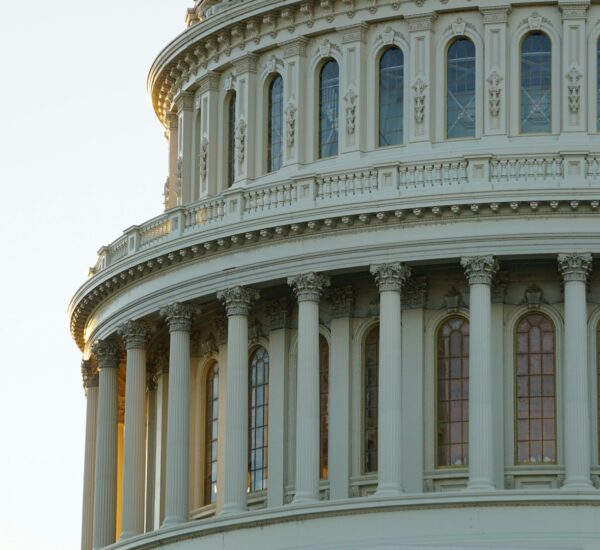
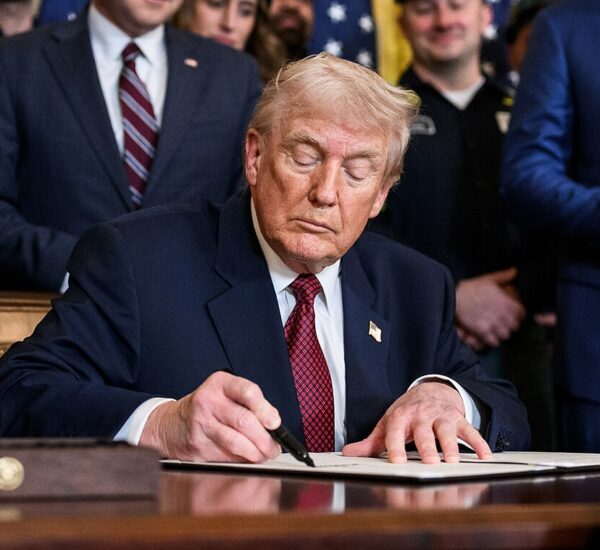
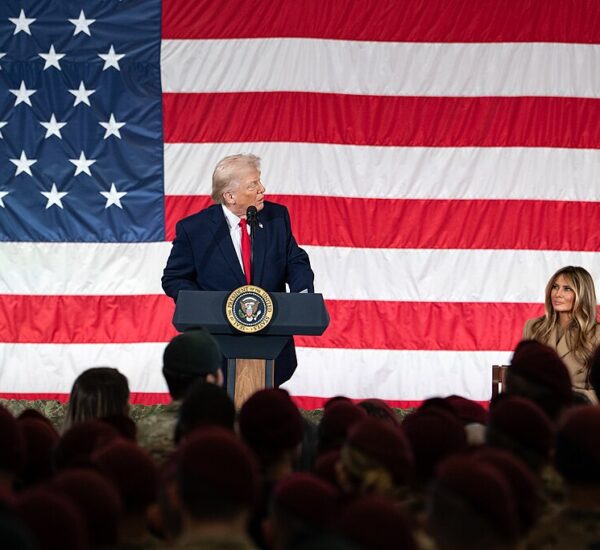
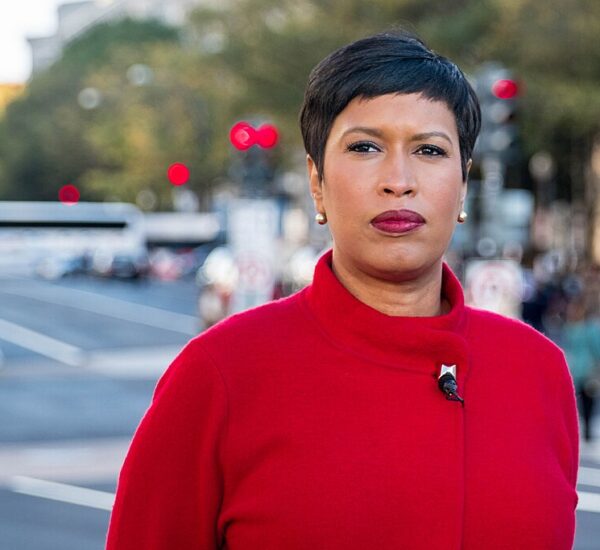
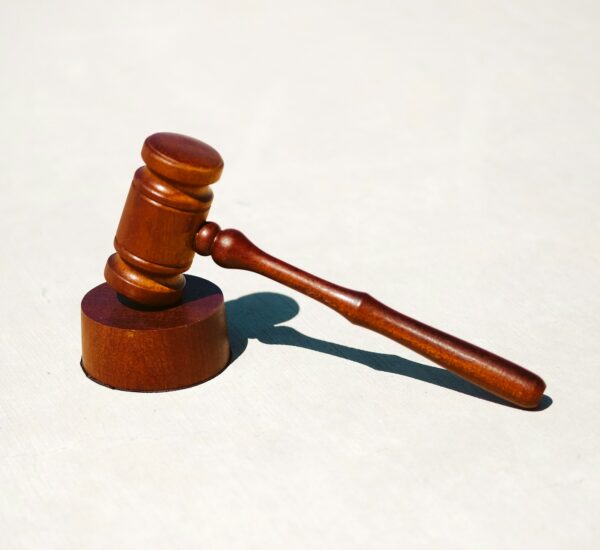
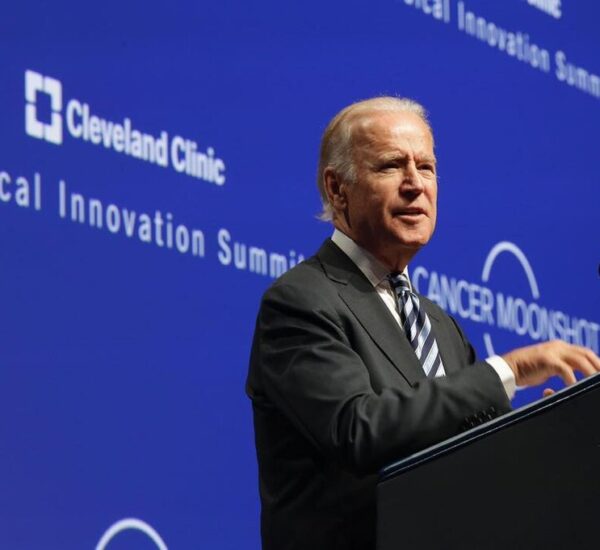
Monetize your audience—become an affiliate partner now! https://shorturl.fm/PfcP0
FOR FAR TO MANY WELFARE IS A WAY OF LIFE. BECAUSE IN CALIFORNIA IT IS WAY TO EASY TO GET ON THIS PROGRAM. I SPOKE TO MANY PEOPLE COMING TO CALIF. THEY TOLD ME HOW EASY IT IS TO GET WELFARE, WHY WORK WHEN THE GOVERNMENT JUST GIVES OUT HANDOUTS TO ANYONE???? OUR CITIZENS ARE NOW JUST LOOKING FOR EVERYTHING ”’FREE”’ ””FREE”’. IT IS GENERATION AFTER GENERATION NO WONDER KIDS ARE BECOMING GANG BANGERS, CRIMINALS SELLING DRUGS ETC. THEY DO NOT WANT TO WORK, THEY LOOK FOR EASY WAYS TO GET RICH.
WE AS A SOCIETY LOST OUR WAY LONG AGO. WE LEARNED TO LOOK THE OTHER WAY, WE DO NOT TEACH CHILDREN TO HAVE RESPECT,IT IS TIME FOR A BIG CHANGE. PEOPLE NEED TO WORK, GIVES SELF RESPECT.PARENTS NEED TO START TO RACE THEIR KIDS, IT IS NOT THE JOB OF TAX PAYERS TO FEED, CLOTH, AND BABYSIT YOUR CHILDREN. YOU HAVE THEM, SUPPORT THEM AND TEACH THEM RIGHT FROM WRONG.